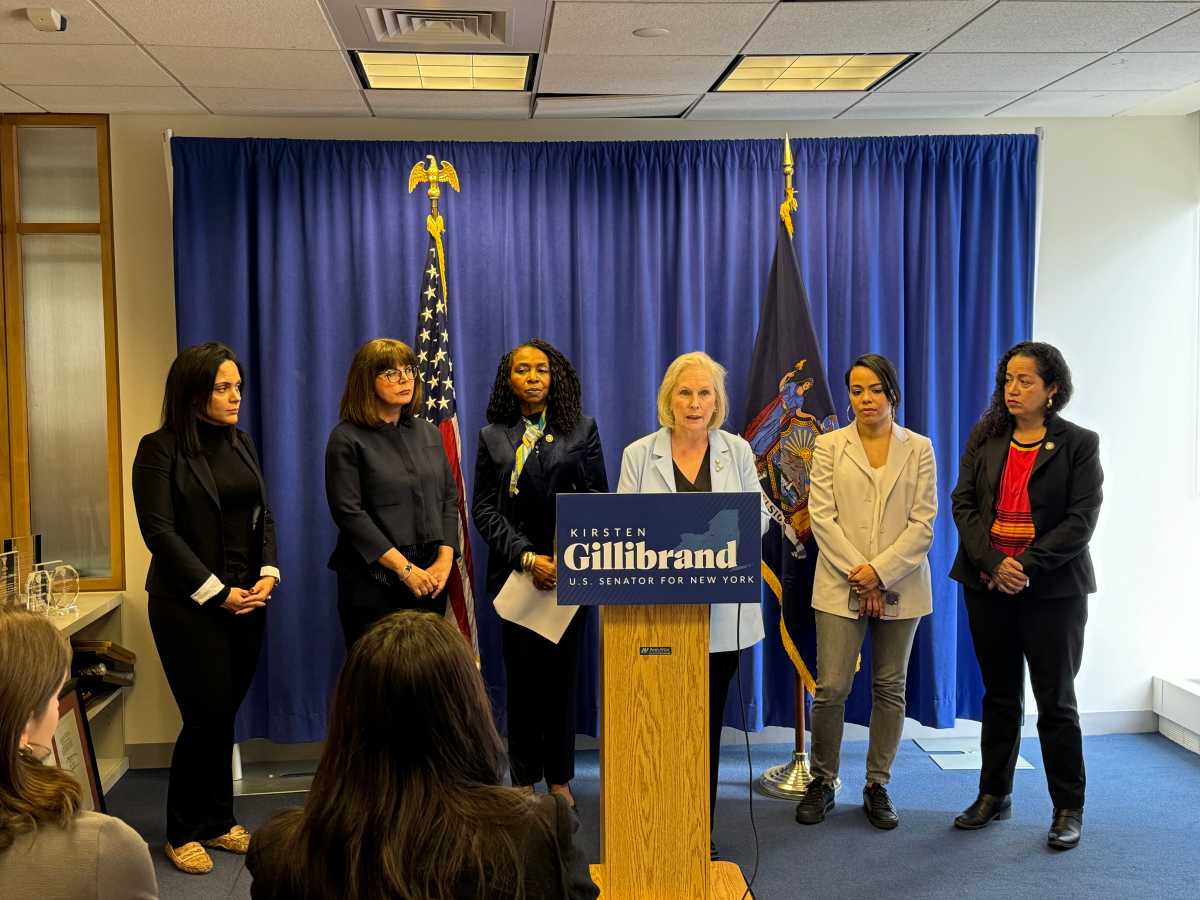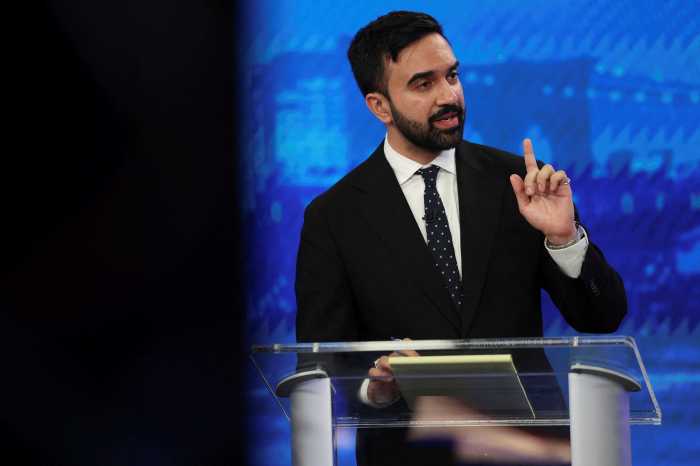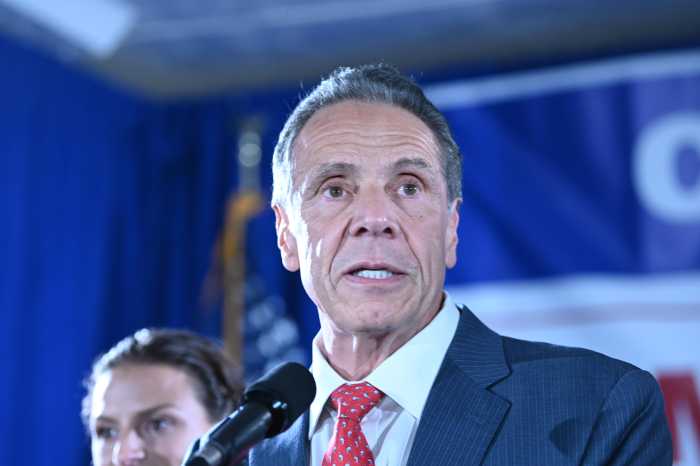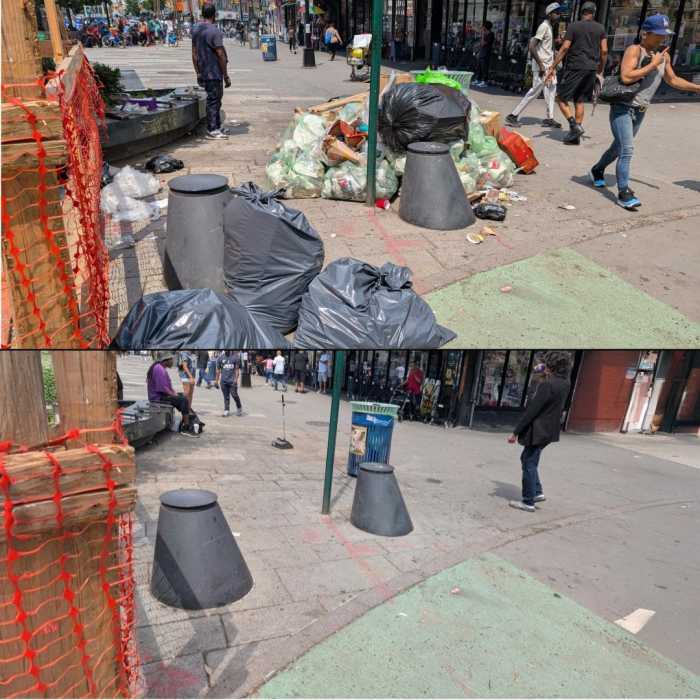With affordable housing growing more scarce in the Big Apple, U.S. Senator Kirsten Gillibrand (D-New York) is the latest elected to take on the affordable housing shortage as a way to help alleviate the financial burdens so many New Yorkers face.
Gillibrand, who is New York’s junior senator, along with Congress Member Yvette Clarke (D-Brooklyn) reintroduced their Affordable Housing and Area Median Income (AMI) Fairness Act from 2022 during a press conference in Midtown on Monday. The bill is designed to address some of the challenges that they say led to a lack of affordable housing in cities across the country, including how households qualify.
Specifically, Gillibrand said, more than a third of NYC households spend at least half their incomes on rent, draining checking and savings accounts across the board.
“In March for example, the median monthly rent for a one-bedroom apartment in Manhattan was $4,150,” Gillibrand said.
Reassessing how New Yorkers receive affordable housing
If passed, a key part of the bill will reassess the Area Median Income (AMI), a calculation used by the federal government to determine rent price and income limits for affordable housing units in a given area.
According to Gillibrand, the AMI system as it stands now is unfair to actual low-income families seeking government-afforded houses in NYC. Currently, the AMI includes income data from the entire metro area. This means data from the wealthiest areas of Westchester and Rockland Counties is being used when determining who qualifies for housing in low-income communities across the New York City region.
“This has contributed to AMI calculations that put housing affordability completely out of reach for many low-income households,” Gillibrand said. “It’s absurd.”
The Affordable Housing and AMI Fairness act would call upon the U.S. Department of Housing and Urban Development to assess “alternative calculation methods” for AMI, though specifics of what those methods have not been announced yet.
“The Affordable Housing and Area Median Income Fairness Act would reexamine our approach to calculating AMI and invest $15 billion annually to help make housing more affordable for low-income and middle-class families in New York,” Gillibrand said. “No hard-working American should have to go bankrupt simply for trying to live in a safe, accessible home, and I look forward to fighting for this bill in the Senate.”
Gilibrand’s reintroduction of the bill comes just two weeks after Gov. Kathy Hochul announced her landmark housing plan as part of the state’s $237 billion budget. Hochul’s plan includes policies to increase housing supply, promote affordability and strengthen protections for both renters and homeowners.
Elements of the bill support the policies outlined in Hochul’s plan. For example, the bill would create over 350,000 new units of affordable housing with a $15 billion annual investment, which underscores Hochul’s package of programs to create new affordable housing in NYC.
But in addition to reviewing the AMI approach, it also aims to address disparages between incomes and rent costs directly. According to a recent report by United Way NYC, 50% of working-age New Yorkers are struggling to cover their basic needs.
“Soaring rent prices and a severe shortage of affordable housing units are displacing low-income communities nationwide, including my hometown of Brooklyn. This makes basic housing unattainable for those who need it most,” Clarke said. “In Brooklyn, finding affordable housing is extremely difficult. When units do become available, they often go to applicants with the strongest applications, not necessarily the families in greatest need.
Even those with moderate to higher incomes have trouble living comfortably in NYC, per a recent report by SmartAsset, shows that on average, a family of four needs to make at least $318,406 in order to live comfortably here.






























